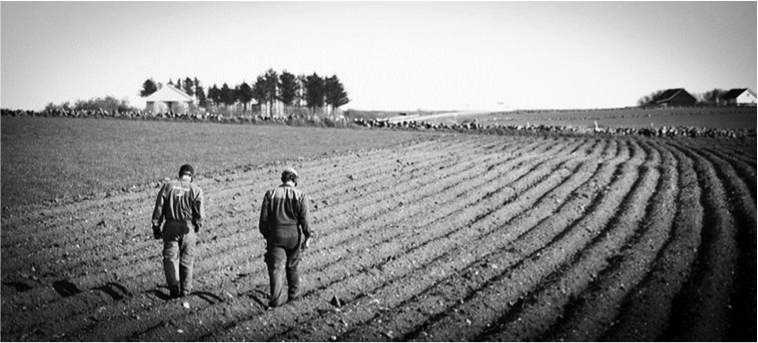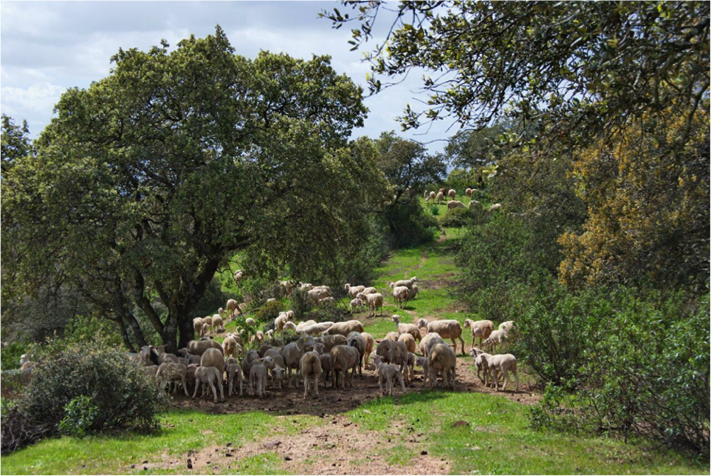

1. Factors that support and encourage cooperation
 There are many factors supporting and encouraging farmers cooperation:
There are many factors supporting and encouraging farmers cooperation:
You can find more in the COFARM Summary Report chapter - Mechanisms (Factors) to Encourage Collaboration / Cooperation.

You can find more in the COFARM Summary Report chapter - Mechanisms (Factors) to Encourage Collaboration / Cooperation.
 Globalisation, scientific and technical progress. Globalization, scientific and technical progress has contributed to an increasingly competitive environment. The consequences are productivity growth on the one side and the collapse or restructuring of many farms on the other. (see Brassica)
Globalisation, scientific and technical progress. Globalization, scientific and technical progress has contributed to an increasingly competitive environment. The consequences are productivity growth on the one side and the collapse or restructuring of many farms on the other. (see Brassica)You can find more in the COFARM Summary Report chapter - Mechanisms (Factors) to Encourage Collaboration / Cooperation.
 EU common agricultural policy
EU common agricultural policyYou can find more in the COFARM Summary Report chapter - Mechanisms (Factors) to Encourage Collaboration / Cooperation.
 European legal framework
European legal frameworkYou can find more in the COFARM Summary Report chapter - Mechanisms (Factors) to Encourage Collaboration / Cooperation.
 Taxation: taxation policies differ a lot among states and even regions. Taxes concern areas such as; ownership of land and real estate, inheritance, profit,
Taxation: taxation policies differ a lot among states and even regions. Taxes concern areas such as; ownership of land and real estate, inheritance, profit,You can find more in the COFARM Summary Report chapter - Mechanisms (Factors) to Encourage Collaboration / Cooperation.
 Advisory service. From the case studies, it is clear that the role of the advisory service in strengthening cooperation in certain countries is very important (Ireland) and others less so (see Sligo Leitrim Lamb Producer Group).
Advisory service. From the case studies, it is clear that the role of the advisory service in strengthening cooperation in certain countries is very important (Ireland) and others less so (see Sligo Leitrim Lamb Producer Group).You can find more in the COFARM Summary Report chapter - Mechanisms (Factors) to Encourage Collaboration / Cooperation.
 Recruiting members, staff and managers human resources are key to success of cooperation. There are successes and failures in the same environment. This points to the importance of the human factor. (see Arrabawn Co-op).
Recruiting members, staff and managers human resources are key to success of cooperation. There are successes and failures in the same environment. This points to the importance of the human factor. (see Arrabawn Co-op).You can find more in the COFARM Summary Report chapter - Mechanisms (Factors) to Encourage Collaboration / Cooperation.
 School system. Agricultural education programs should inform pupils about the possibilities of cooperation/collaboration in farming.
School system. Agricultural education programs should inform pupils about the possibilities of cooperation/collaboration in farming.You can find more in the COFARM Summary Report chapter - Training and Up-Skilling Requirements.
SELF-ASSESMENT
This questionnaire will allow you to evaluate the competences acquired by studying the module.